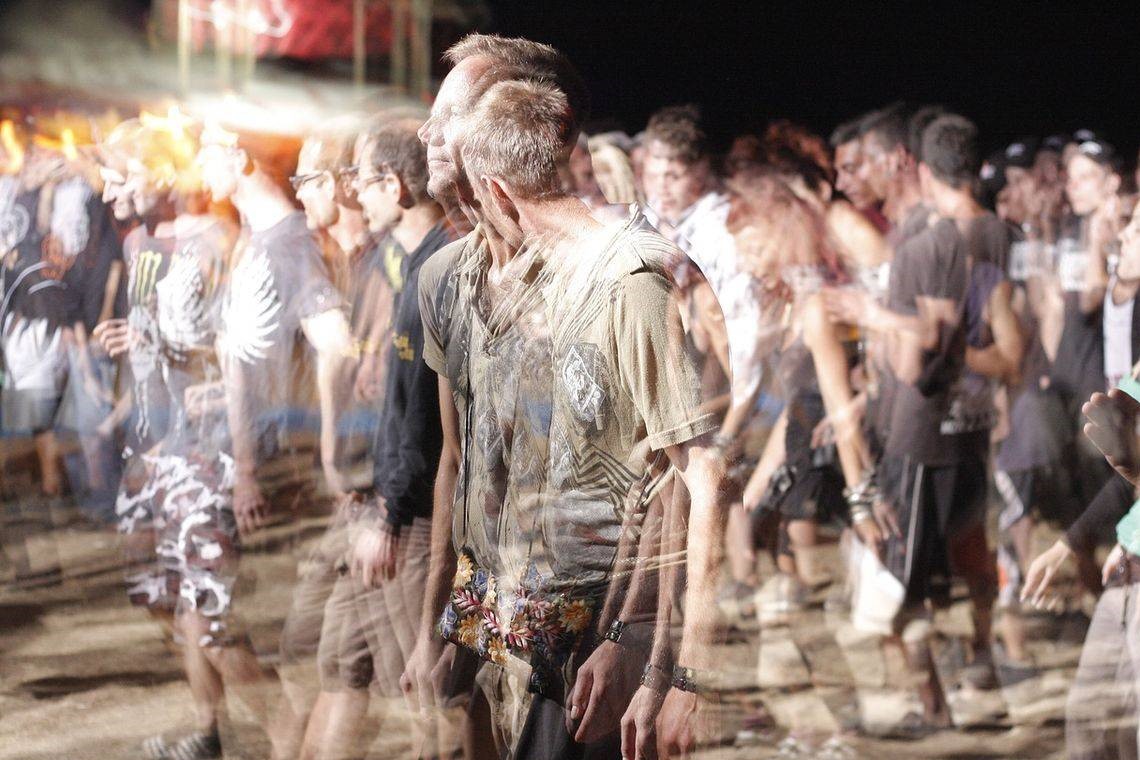
Agoraphobia: What is it and what are the symptoms?
Palpitations, trembling and chest pains are some of the symptoms of agoraphobia, the fear of places and situations from which it would be difficult to escape
Agoraphobia is a form of anxiety related to the feeling of being in places or situations from which it would be difficult to escape
Panic attack disorder, i.e. the recurrence of several attacks linked to the anticipatory worry that others will occur, can occur with or without agoraphobia.
Panic attacks as per DSM-IV-R are part of anxiety disorders and are defined as: a specific period of intense fear or discomfort, during which 4 or more of the following symptoms developed suddenly and peaked within 10 minutes:
- palpitations, heart palpitation or tachycardia
- sweating
- fine or large tremors
- breathlessness or choking sensation
- feeling of asphyxiation
- chest pain or discomfort
- nausea or abdominal discomfort
- feelings of lurching, unsteadiness, light-headedness or fainting
- derealisation (feeling of unreality) or depersonalisation (being detached from oneself)
- fear of losing control or going mad
- fear of dyin
- paresthesias (numbness or tingling sensations)
- chills or hot flashes.
If left untreated, the disorder can become disabling over time.
The person, gripped by anticipatory anxiety and the desire to avoid further attacks, avoids situations.
In the most serious cases, the person may even stop taking the car or public transport, or leave the house.
For this reason, agoraphobia should not be underestimated.
If it is not treated, it can become chronic and fluctuate, i.e. become more acute from time to time.
On the other hand, it is good to know that very good results and even a complete recovery can be achieved if treated properly.
Signs and symptoms of agoraphobia
The symptoms of panic attacks, of which agoraphobia can be a manifestation, are similar and can therefore be mistaken for other diseases, such as angina pectoris.
In fact, emergency rooms often receive requests for help in which the two diseases are mistaken.
This symptom is also associated with our hectic lives.
However, it is necessary to undergo all medical checks to exclude medical incidence factors and to make a differential diagnosis of panic attacks.
Therefore, the first thing to do is to consult the general practitioner, who will have to subject the person to all the necessary tests.
For example thyroid tests, electrocardiogram, etc.
Treatment of agoraphobia
In the case of agoraphobia, pharmacological or psychopharmacological therapy is often used, which may be useful or essential to alleviate the symptoms.
Anxiety, however, is generally a way that our body/brain has of talking to us.
It is a message that needs to be decoded and that if not decoded continues to act.
When we don’t express feelings, don’t process memories, don’t define situations, all this unheard and un-channelled energy can develop anxiety.
In order to cure it, it is therefore necessary, on the one hand, to treat the symptoms with drugs or behavioural therapy, and on the other hand, to understand the hidden messages, to bring out the ‘unspoken’.
Read Also:
Emergency Live Even More…Live: Download The New Free App Of Your Newspaper For IOS And Android
Trichotillomania, Or The Compulsive Habit Of Pulling Out Hair And Hairs
Impulse Control Disorders: Kleptomania
Impulse Control Disorders: Ludopathy, Or Gambling Disorder
Intermittent Explosive Disorder (IED): What It Is And How To Treat It
Knowing And Treating 9 Common Types Of Phobia
What To Know About Ophidiophobia (Fear Of Snakes)



